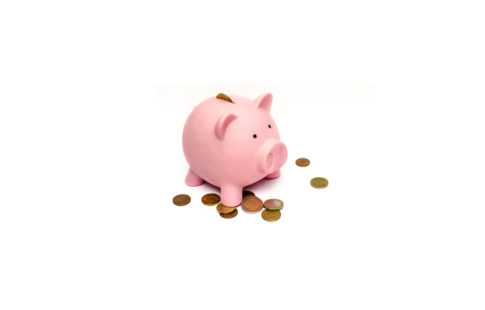What’s going through your head when you submit payment to your mortgage lender every month? Are you questioning whether you have the best mortgage terms possible, or are you having doubts that your current mortgage is the best out there? If you’re unsure, you might be curious about when to refinance or how to refinance your home — and how to get in touch with a mortgage professional who can help.
So what does it mean to refinance? You might be able to reduce your interest rate, decrease your monthly payments, pay your home loan balance faster, or use equity in your home to get some cash. Here are some other benefits of refinancing to consider.
You might be able to secure a lower interest rate if your financial situation has improved since you took out your loan.
Check your mortgage statement to see what interest rate you are currently paying for your home loan. Maybe since you first took out your home loan, you’ve improved your credit score. You might qualify for a lower interest rate and a lower monthly payment if your financial situation has improved. Whether you reduce monthly payments or opt for a cash-out refinance that puts cash in your pocket, funds you’d otherwise spend on monthly mortgage payments could be reallocated to save for college, plan for retirement, or even go into a rainy day fund.
You might also be able to reduce your monthly payments by purchasing points from your mortgage company, because discount points could possibly lower your interest rate. But how do you know if purchasing points is a good idea? If you have a 30-year-loan, consider this: Over the course of 30 years, a lower rate paid every month could create significant savings over the life of the loan.
Here’s an example on a $200,000 mortgage. Let’s say it costs $5,000 to move your interest rate from 5.375% to 4.75%. Even with the closing costs included, the monthly payment would go from $1,120 without purchasing additional points, to $1,069 with purchasing points, a $51 difference. Over the life of the loan, after your loan is paid off in 30 years, you’ll have saved $18360 in interest charges. A significant savings!
*Please keep in mind that the above numbers are only sample figures.
Unsure about your specific situation? Take advantage of online mortgage point calculators to help you calculate some options and get a better feel. For specific answers to your refinancing questions, contact a Mr. Cooper mortgage professional.
If you choose to refinance for whatever reason, another potential benefit is that you could possibly go from a 30-year-mortgage to a 15-year-mortgage without a substantial change to your monthly payment amount.
For example, let’s say you qualify for a lower interest rate because you have improved your credit score. Maybe you make more money than you did in the past. Take advantage of any positive financial changes when considering a refinance, and remember that mortgages with a 15-year-term may have a lower interest rate than 30-year home loans. Even if your monthly payment goes up just a little, you might be able to make fewer payments during the life of the loan and be free from your mortgage faster.
You may be able to receive cash by leveraging home equity through a refinance.
Do you need cash for home improvements, a college education, or to consolidate non-mortgage debt? Do you have substantial equity in your home? Consider refinancing it and getting cash back.
In a cash-back refinance, homeowners can take out cash and refinance their home with a new mortgage. Cash-back or cash-out refinances are generally a great way to use some of your home equity for other things.
Whatever the reason, refinancing your home could have many benefits. It might help you save money, pay off existing debt, or shorten the life of your home loan. But just like all major financial decisions, talk with a mortgage professional to make sure refinancing is right for you.






